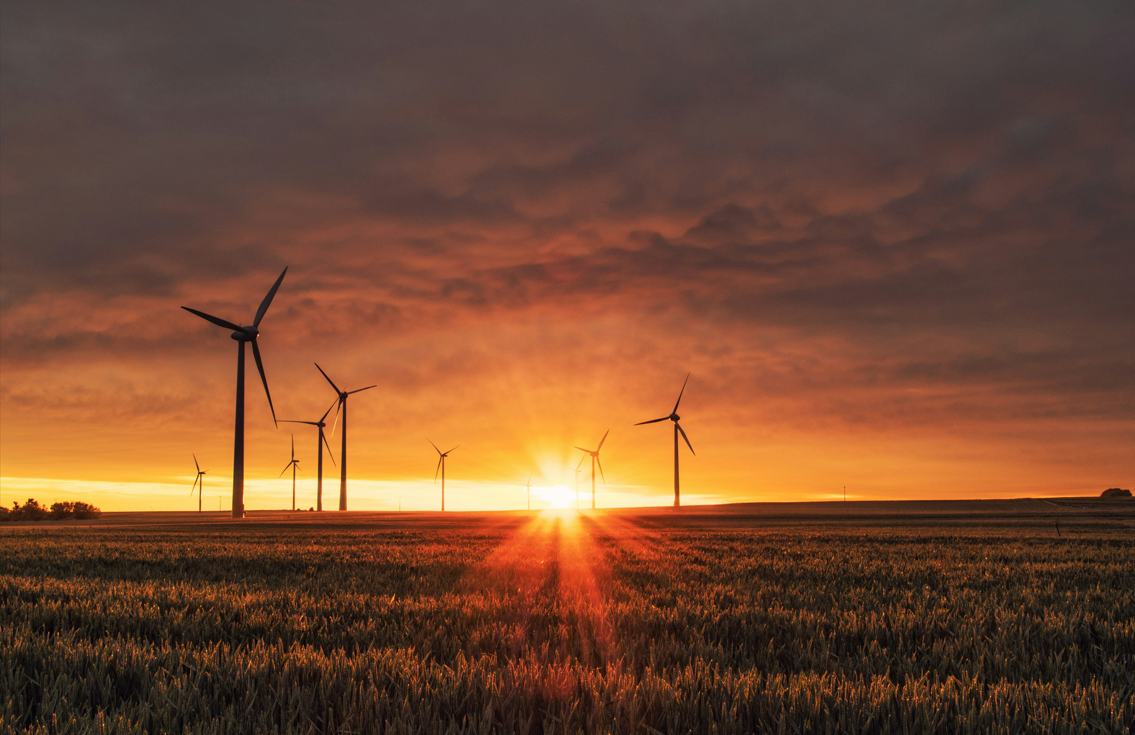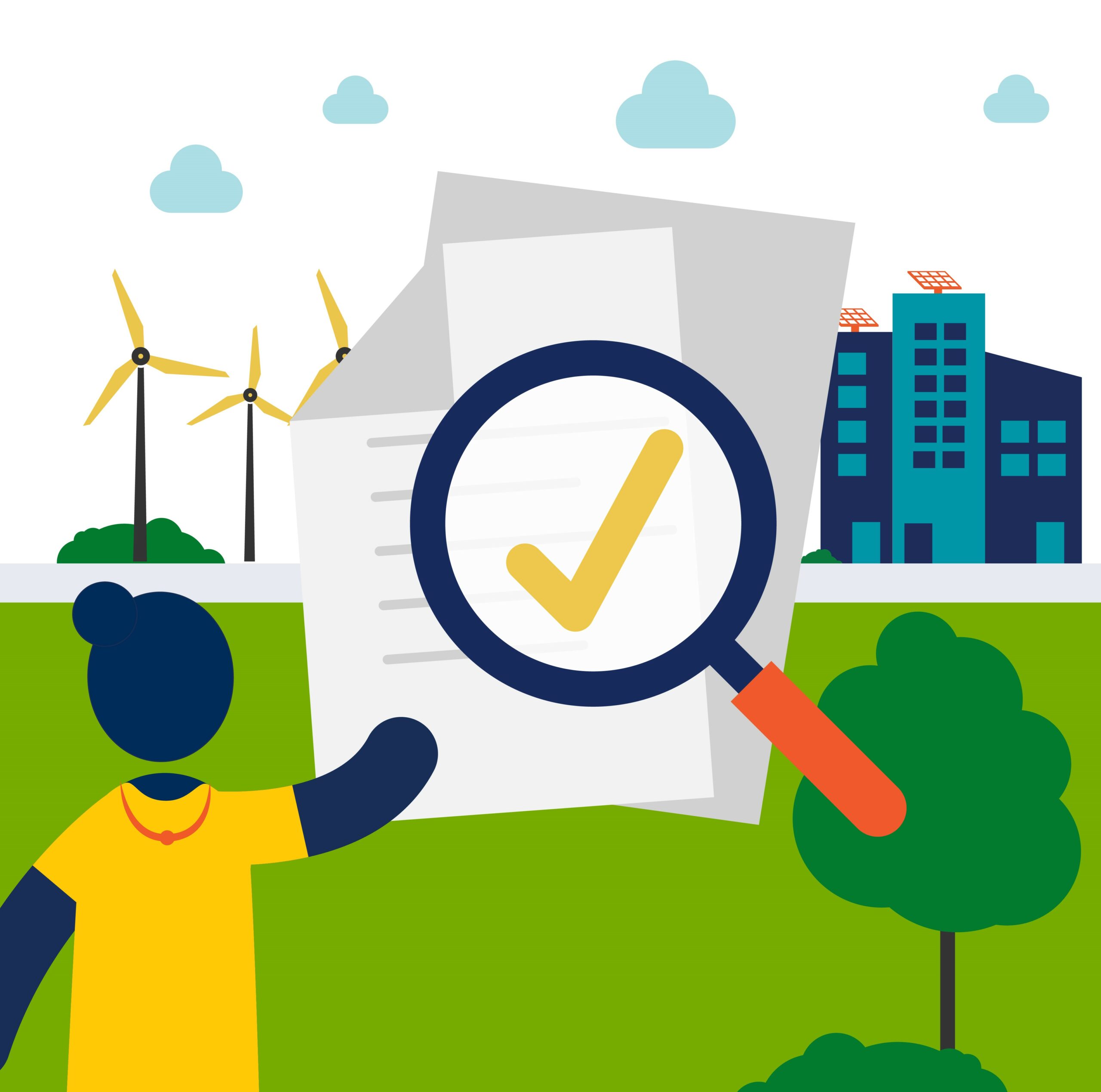
CoM SSA Sustainable Energy Access and Climate Action Plan (SEACAP) course
The CoM SSA SEACAP course is an easy-to-use, step-by-step guide to support the development of a SEACAP from start to finish. It is a hands-on tool, designed to support local governments as they implement the recommendations in the SEACAP Guidebook.
·
20 February 2025
Course Content
Lesson Content
0% Complete
0/2 Steps
Lesson Content
0% Complete
0/2 Steps
Lesson Content
0% Complete
0/2 Steps
Lesson Content
0% Complete
0/2 Steps
Lesson Content
0% Complete
0/3 Steps
Lesson Content
0% Complete
0/1 Steps
Lesson Content
0% Complete
0/3 Steps
Lesson Content
0% Complete
0/2 Steps
Lesson Content
0% Complete
0/3 Steps
Preview this Course

Not Enrolled
Free
Course Includes
- 42 Lessons
- 70 Topics
- 30 Quizzes
- Course Certificate
Login
Accessing this course requires a login. Please enter your credentials below!